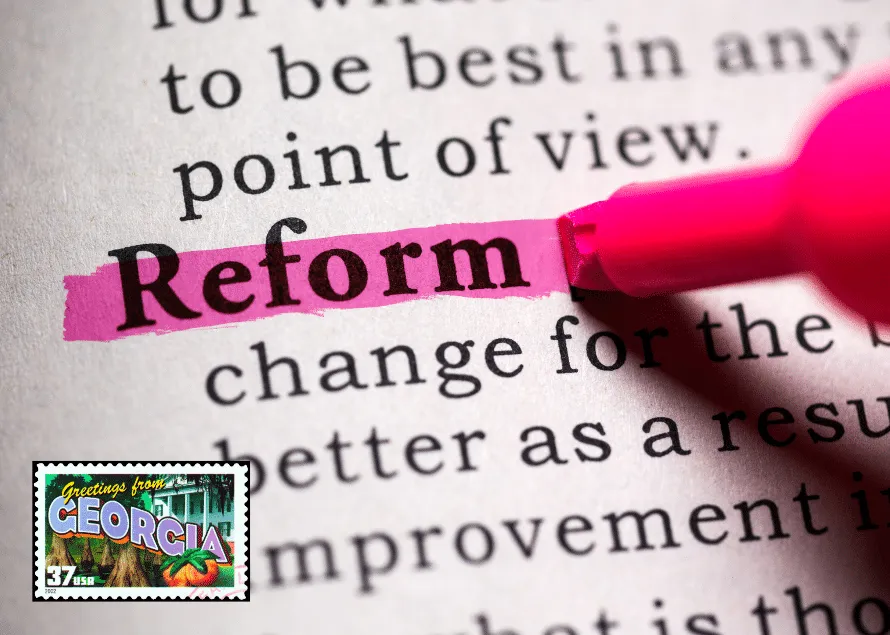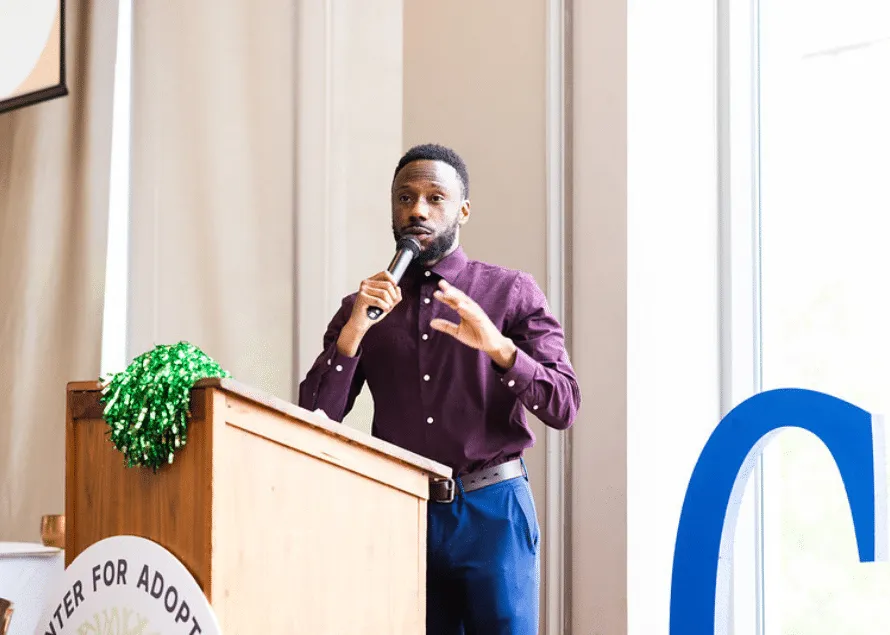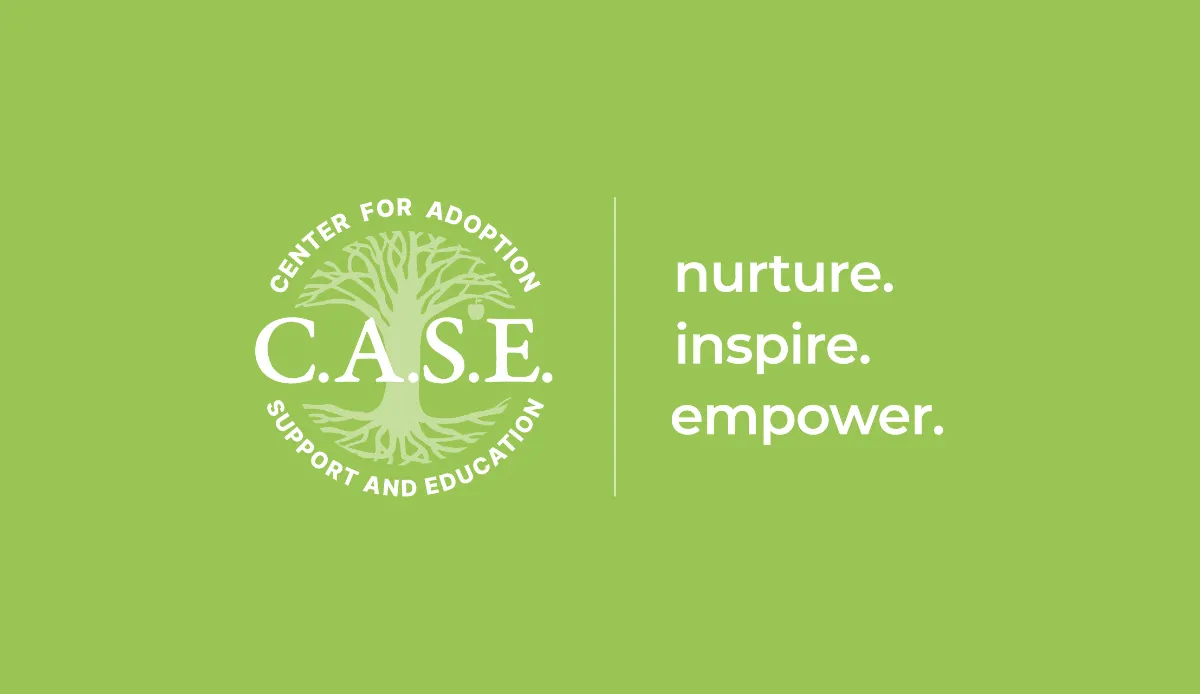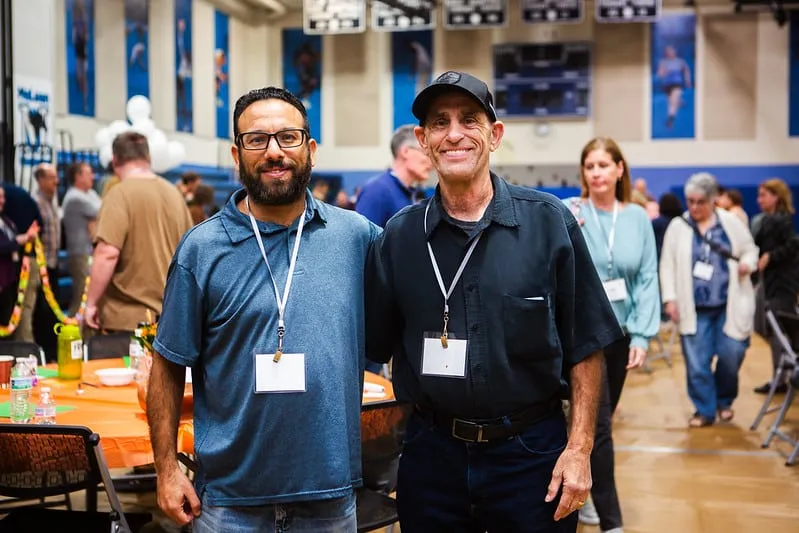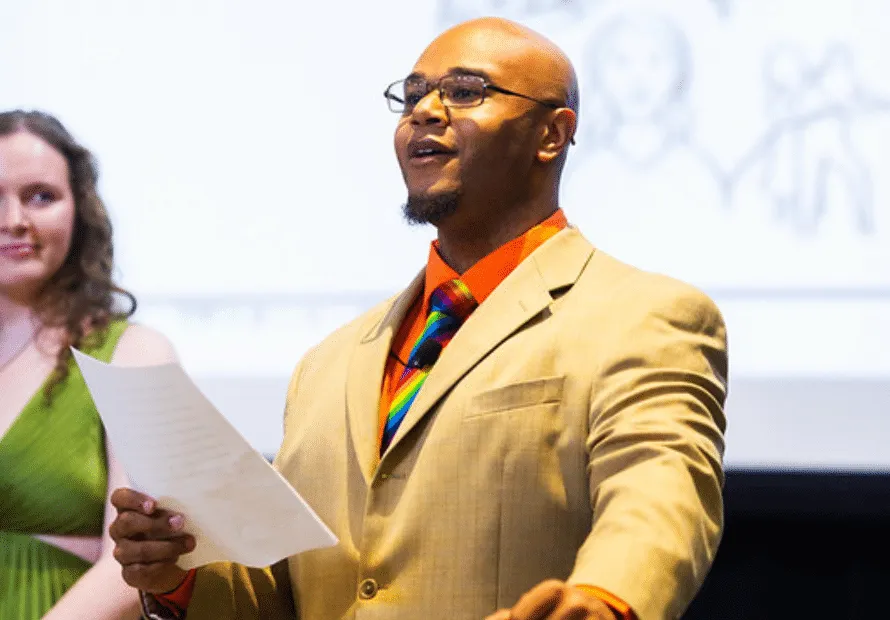Helping Children and Youth Maintain Relationships With Birth Families
Helping Children and Youth Maintain Relationships With Birth Families
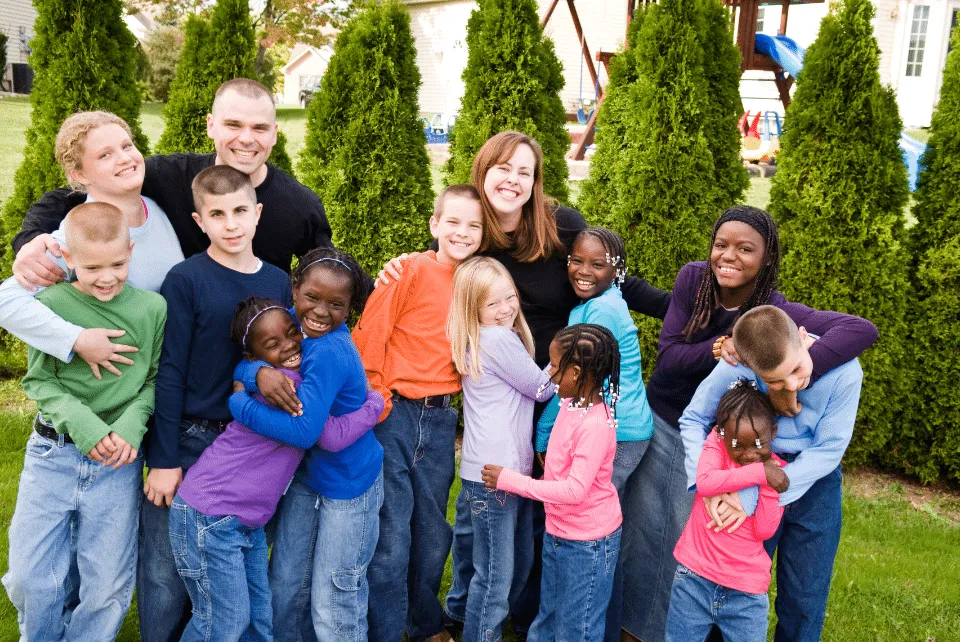
Have you ever watched one of those ‘true life’ shows where twins who have been separated for life finally meet and discover they have myriad similarities in traits, preferences, and shared experiences?
Or read a story about folks who were separated by war or other trauma, only to be reconnected decades later?
Did the stories give you a warm, fuzzy feeling, bring a tear to your eye, or make you say to yourself, ‘Of course! This was exactly what the outcome should be’?
These are stories that capture our hearts and imaginations, yet, as a society, we seem not to make the same intellectual or emotional connections for children and youth who have been separated from their family members because of foster care or adoption.
For them, the narrative is often some variation of, ‘Those connections will only confuse them or complicate relationships;’ ‘They don’t remember them, the adoption happened at birth;’ or ‘Those aren’t like real siblings, they never even met.’ We need to change the narrative and the commitment around ongoing relationships for our children in care and in adoptive families. For them, for us, for optimizing positive outcomes.
Filling In The Gaps
In order to understand who you are, you need to know where and who you come from. Our children often have distorted, incomplete, or even fictitious accounts of their families. In the absence of the truth, they are left to fill in gaps or create a story entirely on their own. Moreover, the lack of a dialogue about their family can lead them to believe that there is nothing positive or good in their background. And so, perhaps, there is nothing positive or good about themselves. Children need to know that the genes they carry bring strength, talents, and unlimited potential – not just the challenges that brought them into foster care and adoption in the first place.
Knowing and being connected to family can certainly help a child create a more complete sense of ‘self,’ and contribute to the development of a strong, positive self-esteem. Additionally, those connections also serve to widen a child’s circle of support. When caregivers are joining the child in these relationships, they can provide the safety and support necessary to ensure that the relationships meet the needs of their shared child. Without this support, without the joining, children may be left to navigate their connection to their family on their own, potentially setting up loyalty conflicts, relationship breakdown, or future hurt and trauma.
Supporting Family Connections
For the adoptive family, there are also concrete benefits to supporting ongoing connections. Youth report that the support of their adoptive family results in a deepening trust in that family’s commitment to the youth and their needs. [1] The shared experience is a concrete demonstration of love as an action for the young person.
Knowing the family of origin can also help adoptive and foster parents better understand who their child is; what traits they may have inherited, what impact generational trauma may have on their child now and into the future, what the impact of certain choices can be as their child enters adolescence and adulthood, and more. Having these insights and being respectful and nonjudgmental in discussing them with the youth demonstrates respect for the child and their family. Research supports these connections as well:
- Adolescents who had long-term direct contact with the birth families who relinquished them as infants were reported to have significantly fewer externalizing behaviors than adolescents with no birth family contact (Von Korff, Grotevant, & McRoy, 2006).
- Face-to-face contact between birth and adoptive family members helps to enhance adoptive parents’ relationships with their children and develop a close attachment to them as well as feel confident and secure in their role as adoptive parents (Siegel & Smith, 2012).
- Adoptive parents in active relationships with birth parents showed significantly greater empathy for their children and the children’s birth parents (Grotevant, McRoy, Elde, & Fravel, 1994) and communicated more with their children about adoption compared with those who weren’t actively engaged with their children’s birth parents (Von Korff & Grotevant, 2011).
Role of Professionals in Maintaining Connections
Professionals have a critical role in creating an expectation of and commitment to supporting connections as they work with adoptive families. As with anything else, the first impression is lasting. As an adoptive parent, I know that I relied on the expertise of the social workers and followed their lead. For whatever reason, with each of our four adoptions, ongoing connection with the family was neither encouraged or discussed. Without the initial support and assistance of the system, our children were left to advocate for these relationships with their adoptive family. This is an onus that is too great, too risky for children who have already lost family. What if the adoptive family gets angry? What if the child has to choose? What if the family rejects reconnection?
Pre-service training for potential adoptive families must include both the importance of and the strategies for maintaining connections and relationships for children and their families. Some of the most effective ways to do this are:
- Present a strength-based picture of family, highlighting those people and traits that contribute to child’s well-being while being authentic about reasons for being in care
- Include children and youth in creating plans for ongoing connection
- Provide role models or support networks with experience in open adoption
- Facilitate meetings between families, providing both a safe, neutral space and an attitude of acceptance and respect
- Prepare and educate all parties in how to support positive connections for the children
Role of Adoptive Parents in Maintaining Connections
First and foremost, adoptive parents must maintain an attitude of respect, appreciation and authentic curiosity about the family and community child is from. This means including cultural values and traditions in your everyday life, as well as during holidays, special events, or visits. Children watch what we do always, not only when we are checking off boxes.
Because the children are in their care, adoptive parents have a perceived position of power over the family, which must be both acknowledged and addressed in order to maintain positive relationships and connections for their children. An understanding of the core issues in adoption and permanency is a great place to begin. For further reading, the Child Welfare Information Gateway offers an excellent overview in The Impact of Adoption.
In terms of navigating relationships, these issues can play out in many ways for each party. These are just a few to keep in mind when thinking about the family and your shared child.
Family
- Loss of the child to a system or another family, even with planned adoption, this loss is real. There is also a sense of ambiguous loss in wondering and worrying about how the child is faring on a day-to-day level. This sense of loss can become contentious if the family feels that their child’s needs are not being met by the adoptive family.
- Shame and guilt surrounding the circumstances of the adoption can impede the family’s willingness to stay connected, fearing judgement and blame from the adoptive family and/or the child.
- Grief can be debilitating and lead to mental health crises.
Child
- For the child, ambiguous loss is very common it can include concern and questions about parents, siblings, and extended family members. Are they okay? Do they think about and love me? If they do love me, what does it say about the power of love, since it was not enough?
- Feelings of rejection are also typical for the adopted child. To have been chosen by the adoptive family means to have been ‘rejected’ by the first family. That primal loss and rejection can impact the child’s sense of self-worth for a lifetime. Intimacy can also be impacted, particularly when the child hears, ‘Your parent loved you so much, they made this adoption plan for you,’ or, ‘Your mom loved you enough to want a better life for you.’ What does this say to a child about love? That love means loss? That if you are loved too much you can’t keep the relationship? That you can never take a chance on love because you’ll lose?
- As children grow into adolescence and adulthood, their primary task is to discover who they are and become the person they want to be. A sense of self is rooted in knowing from where and from whom you come.
As adoptive parents either begin opening the door to the child’s family or continue in this journey, there are a number of things they can do to ensure that their child’s needs are being met and all parties are experiencing the best of an open relationship.
Talk to your child about how, when and where they want to include family in their life. Be creative and flexible in including their family. Some things to keep in mind while following your child’s lead:
- Holidays and special events can be stressful by themselves, never mind the added stress of complicated relationships. Mitigate this by being intentional about including family in more routine days and events so that their presence feels natural and authentic.
- Understand that the level and intensity of the connections can and likely will change over time; communicate these changes openly with everyone involved.
- Be creative in fulfilling your child’s wishes around connection, asking ‘how can we make this work?’ rather than dismissing an idea that seems risky or unrealistic. For example, if a child wants connection with someone who is truly dangerous, ask what they are hoping for and how you can potentially act as an ‘agent’ for them.
- If there is no way to connect to someone (because of death or lack of knowledge), you may want to create a life book together that represents both what you know and the child’s hopes and dreams, weaving a past, present and future that the child embraces.
- Understand that social media has ended the days of closed adoptions. Virtually anyone can find anyone else. Be proactive and join your child in their searches and relationships, offering support and guidance.
- Remember siblings and other important people in the child’s past. Often these are deeper relationships and thus bigger losses than even the connection to mom or dad.
- Know that you will likely make missteps along the way. Be brave in owning them and making amends.
- Find support in your journey and your child’s. Peer support is often the most beneficial, learn from those who have navigated these journeys before you. Offer your child spaces and places where they are understood and accepted by other young people on similar journeys.
Adoptive parents have the power and position to create an environment of trust and respect in supporting ongoing connections for their children. Using their power and position in thoughtful ways can lead to healthy, positive relationships for all and ensure that the children know who they are and how they belong to their families.
[1] Oral reporting of youth involved in speak-out, advocacy, and network opportunities; 1998-2019
